The Evolution of Multiplex Testing and Public Health
The foundation of multiplex testing was laid in the late 20th century with advancements in molecular diagnostics. The advent of polymerase chain reaction (PCR) technology in the 1980s revolutionized the ability to detect specific DNA and RNA sequences with high precision (Mullis, 1990). Initially, PCR was used for single-target tests, which, while effective, were limited when multiple conditions needed to be ruled out or confirmed simultaneously.
In response to outbreaks like HIV/AIDS in the 1980s and 1990s, and most recently COVID-19, the limitations of traditional testing methods became apparent. These health crises highlighted the need for more comprehensive and faster diagnostic solutions that could handle a broader range of pathogens. Public health emergencies played a crucial role in advancing the development of multiplex panel testing, demonstrating its value in both routine diagnostics and global health crises (Miller & Johnson, 2019).
Clinical laboratories also play a vital role in providing valuable data from multiplex panel testing to public health surveillance in the United States. Allen Bateman from the Communicable Disease Division at the Wisconsin State Laboratory of Hygiene (WSLH) emphasizes the importance of this contribution to the monitoring of national pathogen trends.
“When clinical laboratories provide multiplex panel results in aggregate, particularly for gastrointestinal (GI) and respiratory pathogens, it enhances our situational awareness of which pathogens are circulating nationally,” says Bateman. This data is sent each week by participating U.S. laboratories and reported in the National Respiratory and Enteric Virus Surveillance System (NREVSS). Bateman adds that this interactive dashboard is an excellent way to see how clinical laboratories are an integral part of public health surveillance, helping track the spread of viruses across regions and seasons.
Efficiency and Comprehensive Diagnosis
Modern multiplex panels are designed to detect multiple pathogens simultaneously, making them highly adaptable for various diagnostic needs. They include panels for gastrointestinal (GI) infections that identify bacteria, viruses, and parasites in patients with diarrhea, cerebrospinal fluid (CSF) panels for detecting pathogens causing meningitis or encephalitis, blood culture panels for bloodstream infections, and panels for diagnosing infections in prosthetic joints after surgery (BMC Infectious Diseases, 2022, FDA, 2020)
Respiratory multiplex panels have proven particularly valuable in diagnosing viral and bacterial infections, including influenza and respiratory syncytial virus (RSV), with studies highlighting their accuracy and rapid detection capabilities. Lower respiratory panels have shown improved specificity and sensitivity over traditional bacterial cultures, allowing for faster diagnosis of conditions like pneumonia. These advancements reduce the need for broad-spectrum antibiotics, aiding in better antibiotic stewardship (Clinical Chemistry, 2022).
Another benefit of multiplex panel testing is its ability to test for all targets simultaneously, rather than requiring multiple separate tests. Unlike traditional methods, which can take days to yield results, multiplex panels provide faster diagnoses, which is crucial for conditions like sepsis. Quick identification of pathogens enables timely, targeted treatment, significantly improving patient outcomes and reducing morbidity and mortality (Peeling et al., 2020). This approach enhances speed and efficiency, which are key factors driving its increased adoption in clinical microbiology laboratories.
Considerations of Panel Size, Population, and Context
To address concerns about multiplex testing, it’s crucial to consider broader healthcare factors influencing test ordering practices. A 2017 survey by the American Medical Association found that physicians believe about 20.6% of medical care is unnecessary, including a significant portion of prescriptions, tests, and procedures. This overtreatment is often driven by fears of malpractice, patient demands, and difficulties accessing comprehensive medical records, factors which also impact the use of complex and costly multiplex tests (O’Neill et al., 2017).
The Choosing Wisely® campaign, initiated by the American Board of Internal Medicine and later adopted by the American Society for Clinical Pathologists, aimed to reduce unnecessary tests and procedures by promoting evidence-based care. This initiative was particularly relevant as multiplex testing became more common, providing guidance on appropriate test utilization (ASCP, 2019).[1]
Overuse of extensive multiplex panels can strain healthcare systems and increase financial burdens. For outpatient settings, smaller panels that test for conditions like influenza, RSV, and COVID-19 are often sufficient and cost-effective, reducing unnecessary testing for rare pathogens (Wu et al., 2021). Conversely, large panels are more suitable for high-risk populations, such as hospitalized or immunocompromised patients, where the benefits of comprehensive testing justify the higher costs (Vogels et al., 2021; Schmitt et al., 2020).
False Positives and Clinical Interpretation
One notable drawback of large multiplex panels is the increased risk of false positives, particularly for rare pathogens. The positive predictive value (PPV) of a test decreases as the prevalence of the condition being tested for decreases. This means that a positive result for a rarely encountered pathogen is more likely to be false (Schmitt et al., 2020). False positives can lead to unnecessary treatments, such as antibiotics or antiviral medications, and additional follow-up testing, which complicates care and increases costs.
Interpreting results from large multiplex panels can also be challenging. A positive result for a rare pathogen may not be clinically relevant if the patient does not show corresponding symptoms. Distinguishing between true infections and cases of colonization or contamination requires careful consideration (Morens & Fauci, 2013). The potential for false positives underscores the importance of using multiplex tests judiciously, particularly in lower-risk patient populations.
Conclusion
Multiplex panel testing has significantly advanced clinical diagnostics by enabling rapid and comprehensive detection of multiple pathogens from a single sample. This technology is particularly valuable for high-risk patients or in cases of severe infections where broad diagnostic capabilities are crucial. However, it also presents challenges, including high costs, potential overuse, and the risk of false positives. Laboratories offer a variety of panel options, while clinicians are responsible for selecting the appropriate panels. This collaboration ensures that testing is both effective and cost-efficient, minimizing unnecessary procedures and managing financial impacts effectively.
For further information on multiplex panel testing and its applications, laboratory professionals can consult reputable sources such as the Communicable Disease Division (CDD) at the Wisconsin State Laboratory of Hygiene (WSLH). The Wisconsin Clinical Laboratory Network (WCLN) has also collaborated with CDD to provide informational sessions on multiplex panel testing, laboratory automation and other best practices in clinical diagnostic testing. You can find these resources and trainings archived here: Training Events | Wisconsin State Laboratory of Hygiene.
Clinical laboratories may choose from a range of CMS-approved proficiency testing (PT) providers, who can assist them with purchasing multiplex PT products. Inside our proficiency testing catalog, you will find a detailed chart of our multiplex products, which cater to various microbiology organisms and include options that are CLIA-regulated, educational, or both. For information on other specialties, take a look at WSLH PT’s Clinical Product Catalog.
References
American Society for Clinical Pathology. (2024, February 6). ASCP transitions Choosing Wisely program, continues commitment to effective test utilization. Retrieved from https://academic.oup.com/labmed/article/50/4/331/5584946
BMC Infectious Diseases. (2022). Diagnostic accuracy of multiplex respiratory pathogen panels for influenza or respiratory syncytial virus infections: Systematic review and meta-analysis. BMC Infectious Diseases. https://bmcinfectdis.biomedcentral.com
Clinical Chemistry. (2022). Next-generation diagnostics: The evolution of multiplex panels for infection detection. Clinical Chemistry, 68(1), 59-64. https://academic.oup.com/clinchem/article/68/1/59/6490236
Food and Drug Administration (FDA). (2020). FDA approves first multiplex assay. *FDA Website*. Retrieved from [https://www.fda.gov](https://www.fda.gov)
Miller, R. J., & Johnson, S. K. (2019). The role of multiplex testing in modern diagnostics. Lab Medicine, 50(4), 331-339. https://doi.org/10.1093/labmed/lmz013
Peeling, R. W., Heymann, D. L., Teo, Y. Y., & Garcia, P. J. (2020). Diagnostics for COVID-19: Moving from pandemic response to control. *The Lancet Infectious Diseases, 20*(11), 1335-1344. [https://doi.org/10.1016/S1473-3099(20)30573-5](https://doi.org/10.1016/S1473-3099(20)30573-5)
Schmitt, B., Heyn, B., Munz, M., Schultheiß, B., & Lang, T. (2020). Integration of artificial intelligence in laboratory diagnostics: A historical perspective. *Diagnostics, 10*(12), 1040. [https://doi.org/10.3390/diagnostics10121040](https://doi.org/10.3390/diagnostics10121040)
Vogels, C. B., Brito, A. F., Wyllie, A. L., et al. (2021). Multiplex qRT-PCR to distinguish SARS-CoV-2 variants of concern in clinical samples. *Journal of Clinical Microbiology, 59*(6), e00977-21. [https://doi.org/10.1128/JCM.00977-21](https://doi.org/10.1128/JCM.00977-21)
Wu, A. H., Smith, A., & Sandoval, J. (2021). Respiratory virus detection: Advances in multiplex testing. *Clinical Microbiology Reviews, 34*(4), e00061-21. [https://doi.org/10.1128/CMR.00061-21](https://doi.org/10.1128/CMR.00061-21)
[1] In 2024, ABIM closed the Choose Wisely® program, prompting ASCP to shift its focus to integrate effective test utilization initiatives into its Quality and Patient Safety Steering Committee, continuing its commitment to improving test use through a new best practices campaign. ASCP will keep developing guidelines and tools for laboratories, drawing on its extensive experience and member engagement from the Choosing Wisely® era (ASCP, 2024).
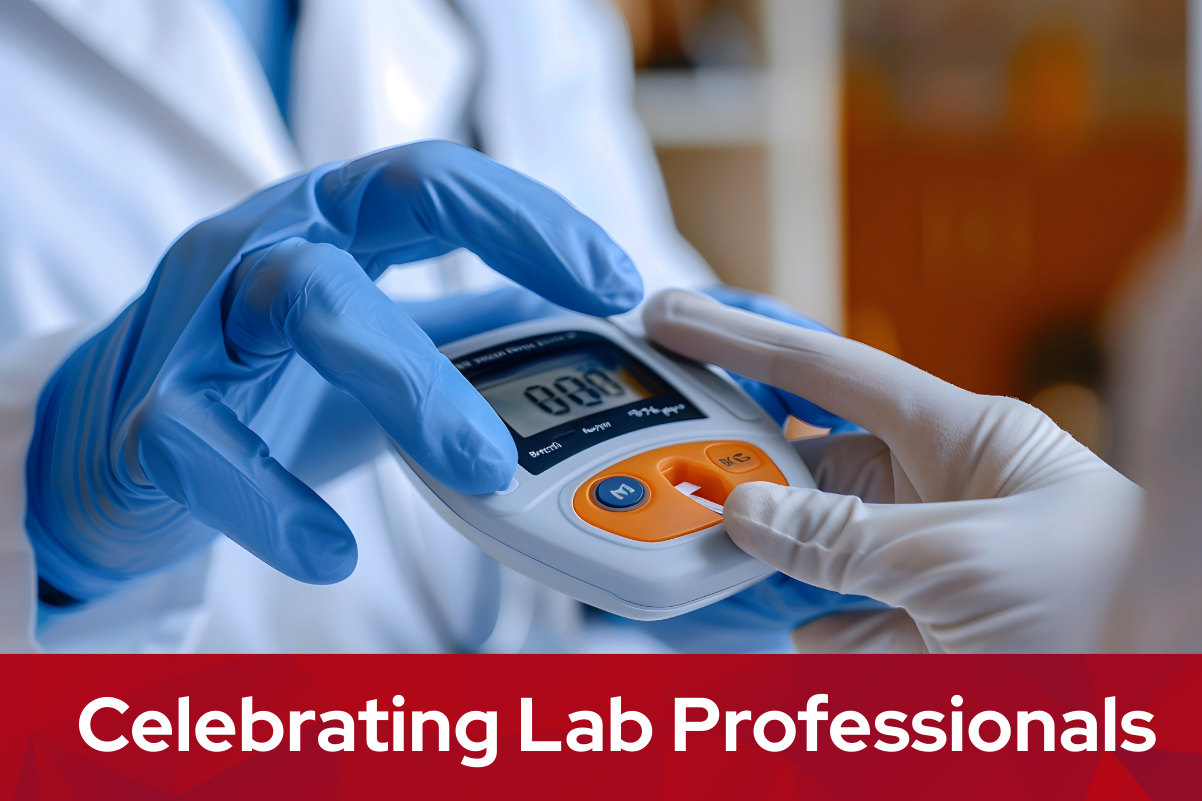


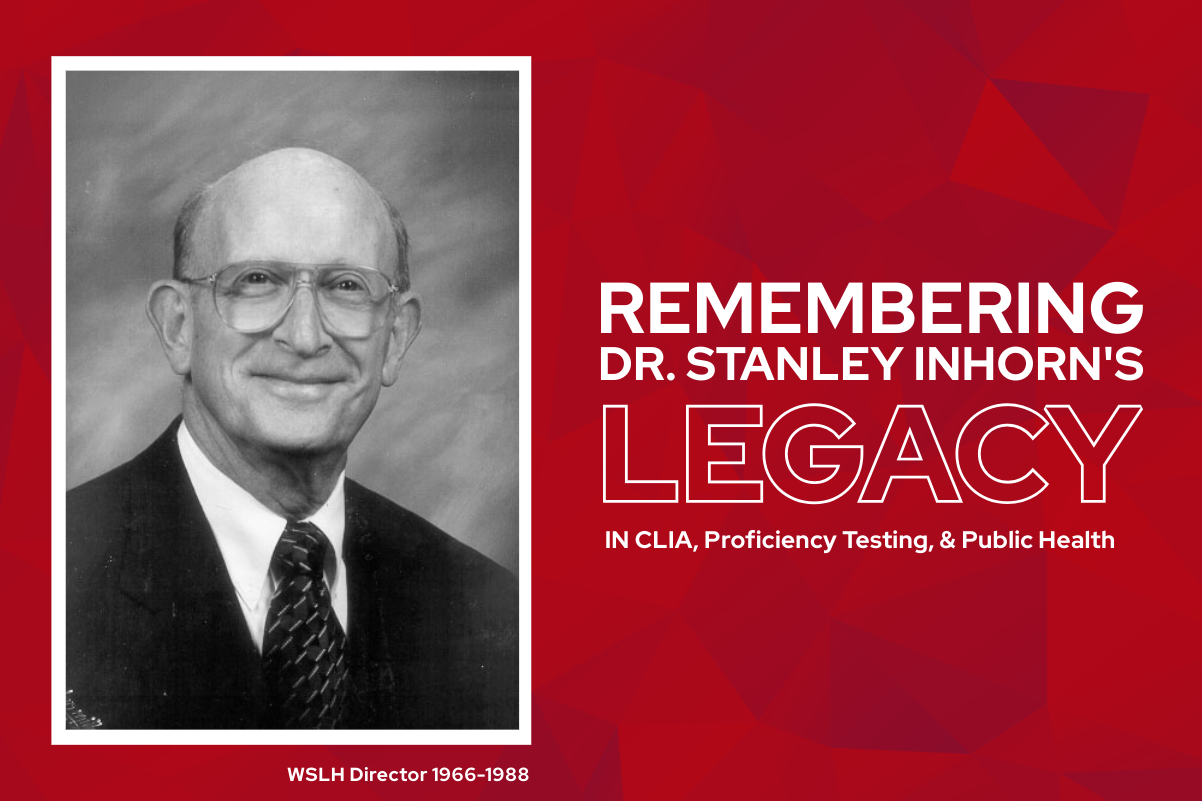
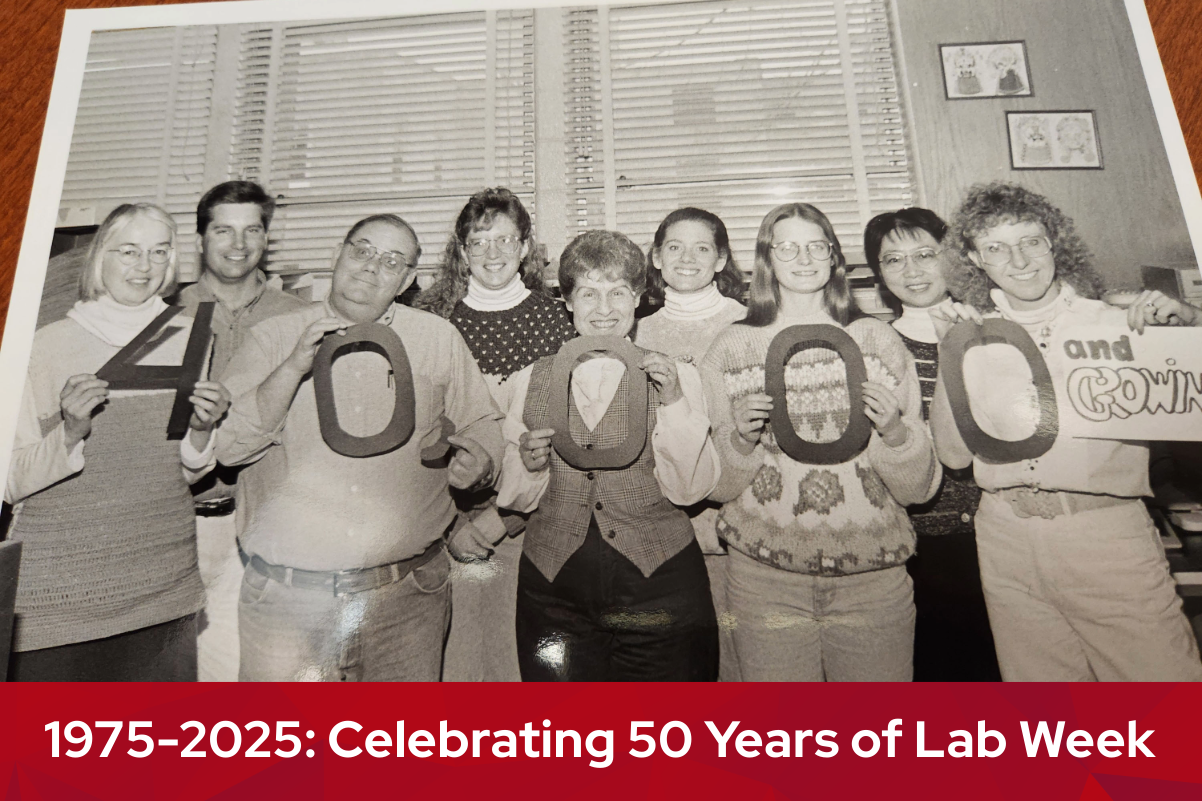
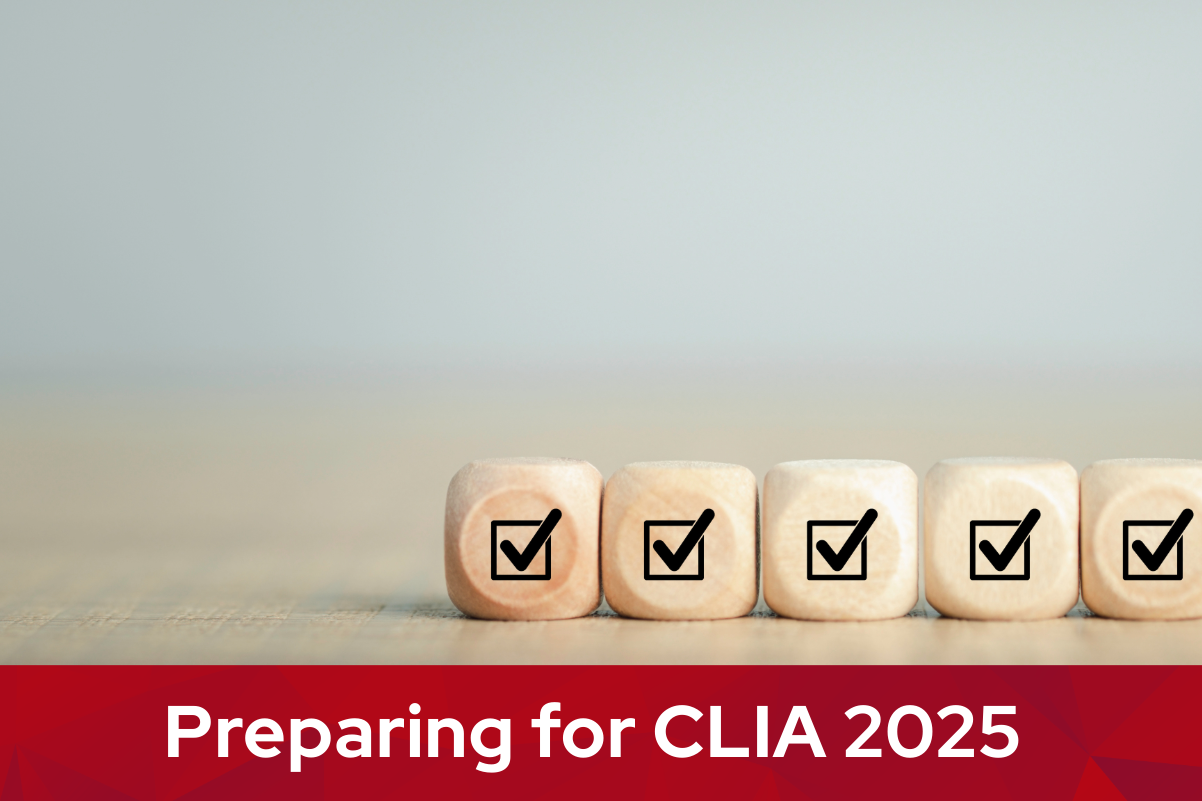

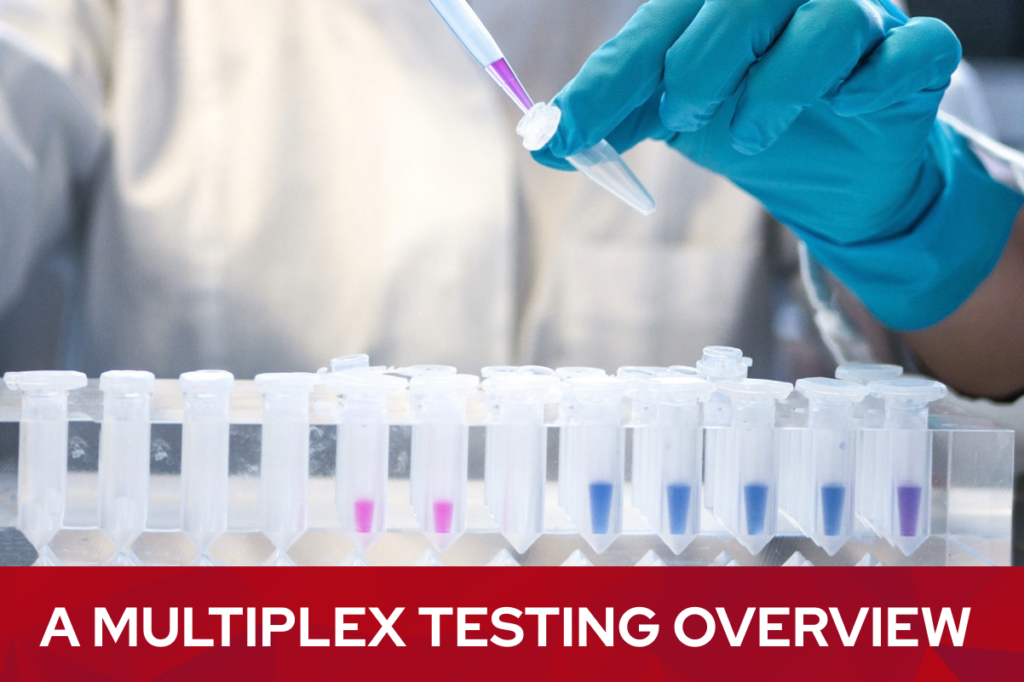

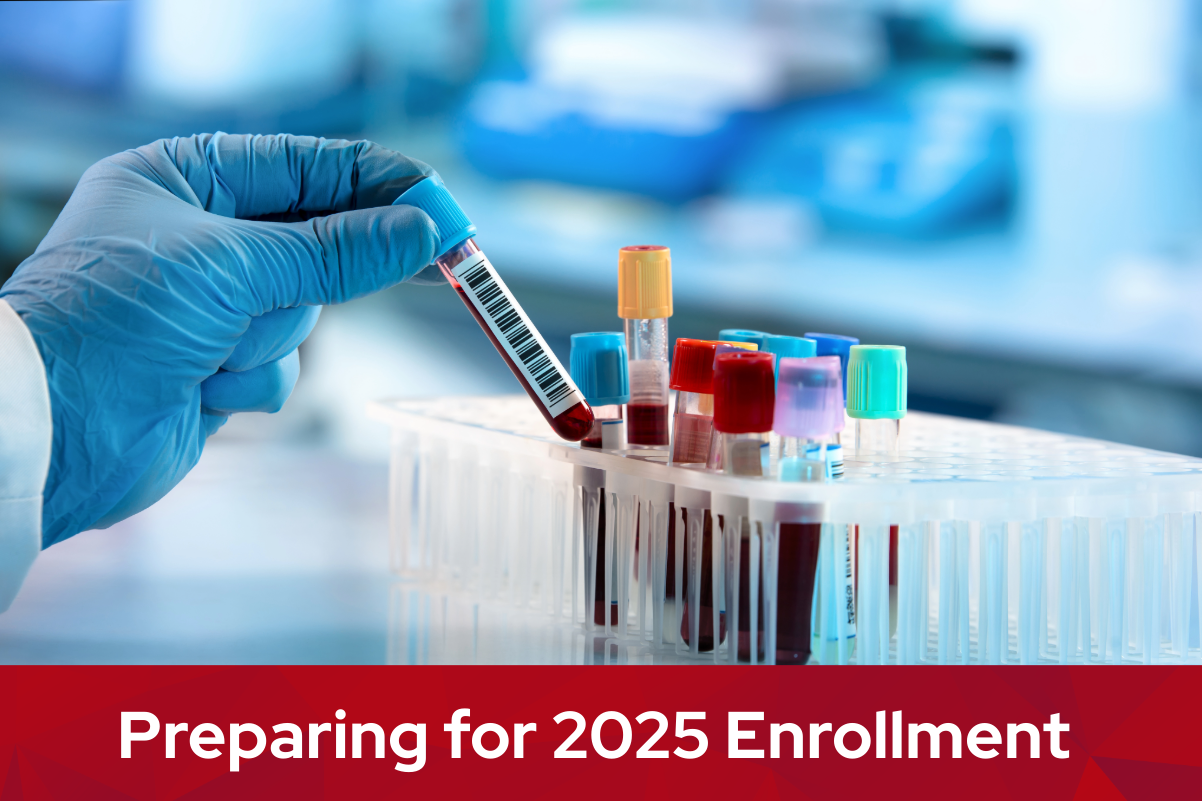
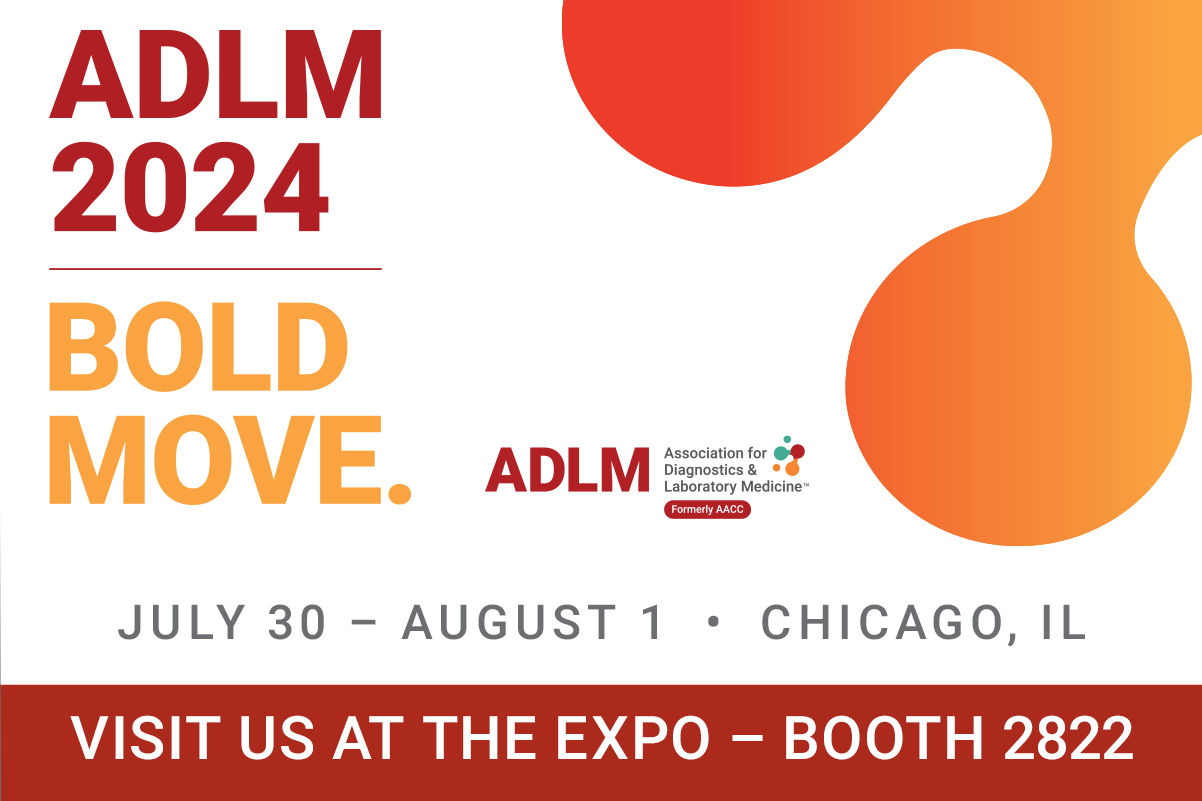
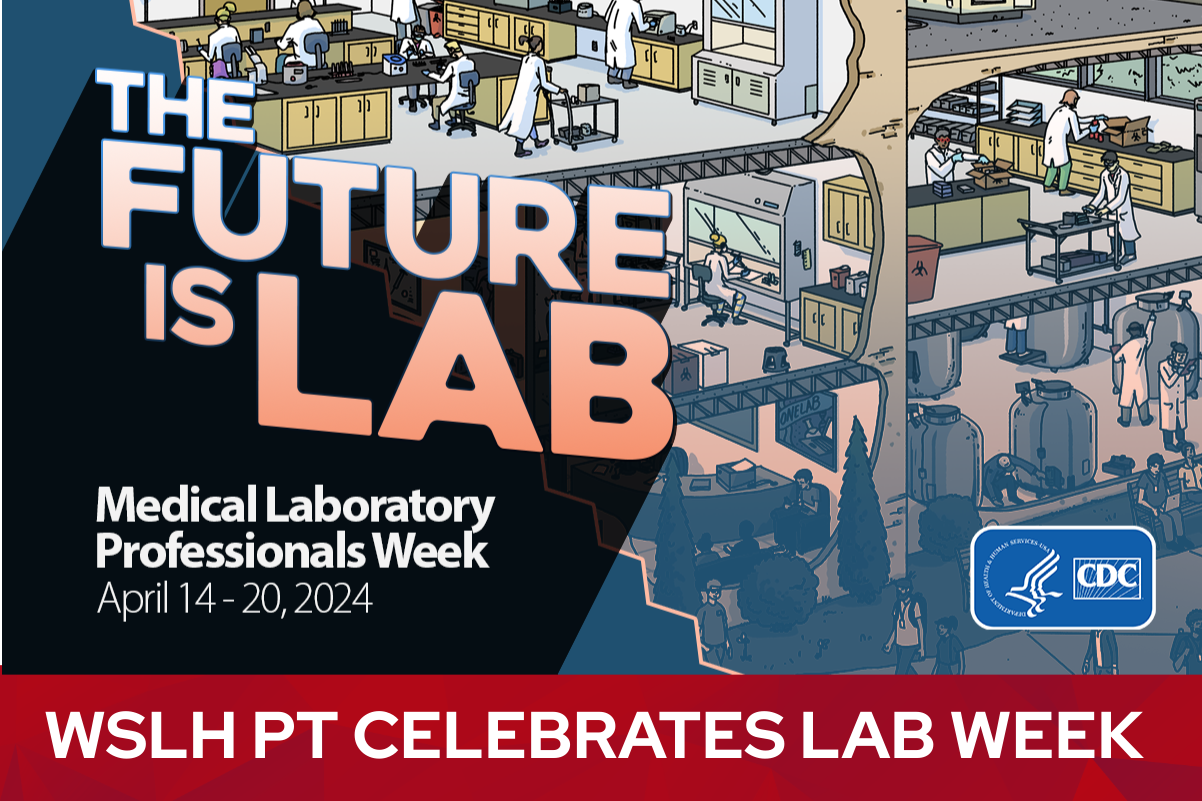
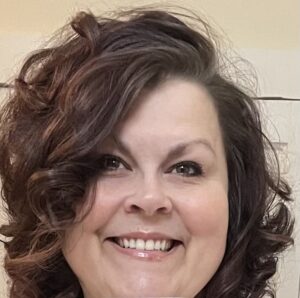 Barb Goodson’s journey into the world of medical laboratory science began unexpectedly. After working for 23 years in various positions at her local public health department in Hancock, Michigan, Barb found herself thrust into the frontline response at the start of the COVID-19 pandemic in 2020. She recounts how she took on so many more roles in response and “kind of did everything,” from working in the call center to contact tracing.
Barb Goodson’s journey into the world of medical laboratory science began unexpectedly. After working for 23 years in various positions at her local public health department in Hancock, Michigan, Barb found herself thrust into the frontline response at the start of the COVID-19 pandemic in 2020. She recounts how she took on so many more roles in response and “kind of did everything,” from working in the call center to contact tracing.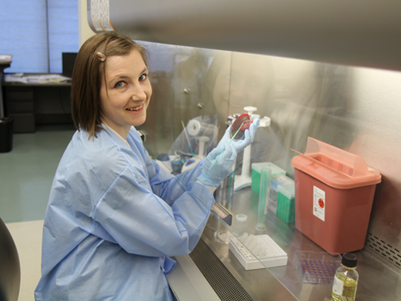 Caitlin Miranda’s journey into the laboratory field was sparked by her exploration as a Biology major in her college years. Initially unsure of her career path upon graduation in 2008, Caitlin was encouraged to apply for an internship in a small-town hospital laboratory in Owosso, Michigan. It was here that she discovered her passion for medical laboratory science.
Caitlin Miranda’s journey into the laboratory field was sparked by her exploration as a Biology major in her college years. Initially unsure of her career path upon graduation in 2008, Caitlin was encouraged to apply for an internship in a small-town hospital laboratory in Owosso, Michigan. It was here that she discovered her passion for medical laboratory science.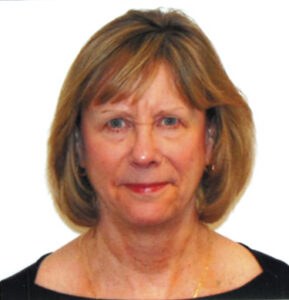 Shirley Keenan’s journey into medical laboratory science began in the late 1970s, when she worked as a medical assistant for a physician in a growing practice. It was here that Shirley first encountered and learned basic laboratory skills, sparking her interest in the field. However, it wasn’t until the physician hired a medical laboratory professional that Shirley considered pursuing a career in laboratory science herself. It was her colleague who encouraged her to go to school to pursue a degree in Medical Laboratory Science at the University of Buffalo in New York.
Shirley Keenan’s journey into medical laboratory science began in the late 1970s, when she worked as a medical assistant for a physician in a growing practice. It was here that Shirley first encountered and learned basic laboratory skills, sparking her interest in the field. However, it wasn’t until the physician hired a medical laboratory professional that Shirley considered pursuing a career in laboratory science herself. It was her colleague who encouraged her to go to school to pursue a degree in Medical Laboratory Science at the University of Buffalo in New York.